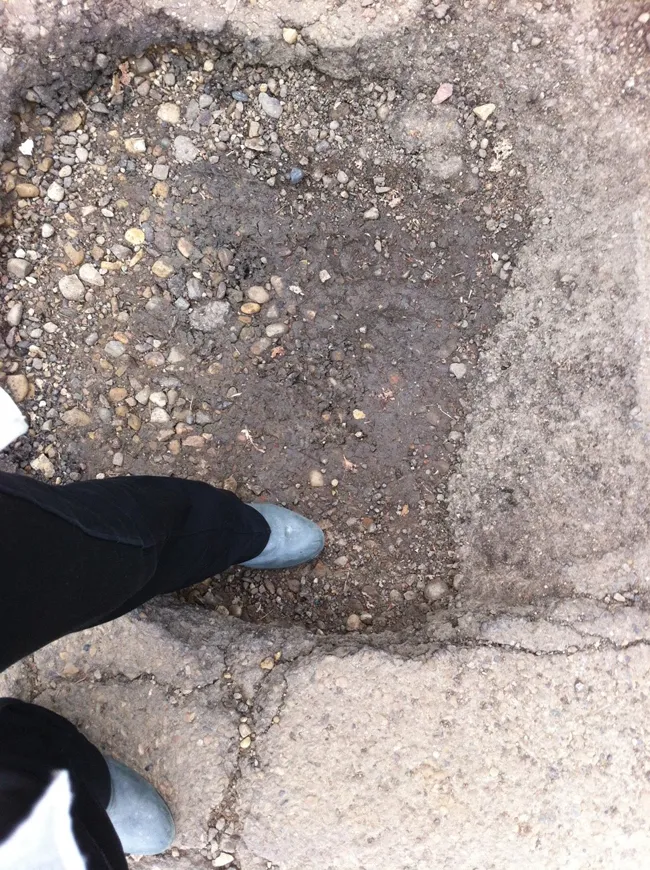
Sustainability may be the paving industry’s current buzzword, but key elements of sustainability have been ingrained in the Sripath ethos since the company’s inception.
Sripath established its unwavering dedication to sustainability by developing innovative, environmentally friendly additives that enhance performance of bitumen and asphalt mixes, are cost effective and help customers achieve their net-zero carbon goals.
Sripath further demonstrates its commitment to sustainability by embracing transparency and making its Environmental Product Declaration (EPD) and Sustainability Reports easily accessible. These are available on Sripath’s website (see below) for ReLIXER, an asphalt rejuvenator, PGXpand, a bitumen-friendly polymeric-additive and NuMIXER, a green bio-oil bitumen softener or modifier.
“We’re firmly dedicated to quantifying our sustainability impact and are proud to take a leading position in making our sustainability reports easily available to our customers,” said Dr. Krishna Srinivasan, president of Sripath Technologies." Sharing our EPDs as informative and educational tools was the next logical step for us in demonstrating our commitment to environmental responsibility.”
“We invest significantly in research and development, collaborating with top research universities and organisations around the world," said Ranjeet Sandhu, general manager UK for Sripath Innovations. "This reinforces our commitment to designing and developing innovative sustainable products that help reduce the global carbon footprint.”
One product demonstrating this approach is Sripath’s asphalt rejuvenator, ReLIXER - a blend of bio-based oils, extracted from cultivated crops. The crops capture carbon dioxide from air and convert it into food and nutrients via photosynthesis. Such captured carbon units are retained within the extracted oil and are eventually sequestered within the roadway pavement.
Sripath conducted a comprehensive carbon sequestration (S1) analysis for ReLIXER based on European standards. The results showed a contribution of -2.533kg of CO₂ equivalent from carbon sequestration and a total value of -1.677kg of CO₂ equivalent for the A1 + A2 + A3 + S1 parameter.
“In addition to its environmental credentials, ReLIXER helps restore the functional properties of aged RAP bitumen, reduces the need for virgin bitumen, allows use of high-RAP mixes, delivers roadways with desired performance and durability, and reduces overall mix costs by 5-15%,” said Angela Staudinger, general manager EU for Sripath Innovations.
PGXpand, a bitumen-friendly polymeric-additive, helps boost high-temperature performance while maintaining low-temperature properties. It is highly dosage efficient, helps minimise SBS (styrene-butadiene-styrene) content, improves viscosity and delivers roadways with excellent rutting resistance. PGXpand can help lower energy consumption, reduce production and transportation costs and improve workability.
KoolTEQ, an environmentally friendly warm-mix additive, is designed to reduce the production and paving temperatures of asphalt mixes. It helps lower the carbon footprint, reduce energy consumption and deliver overall cost savings.
“We are proud of our sustainability focus and as leaders in promoting transparency by allowing our customers to easily download our EPDs and sustainability reports. We hope this approach helps our customers meet their own sustainability goals and targets,” noted Vince Aurilio, senior technical director of Sripath.
For more information, visit https://sripath.com
Content produced in association with Sripath








